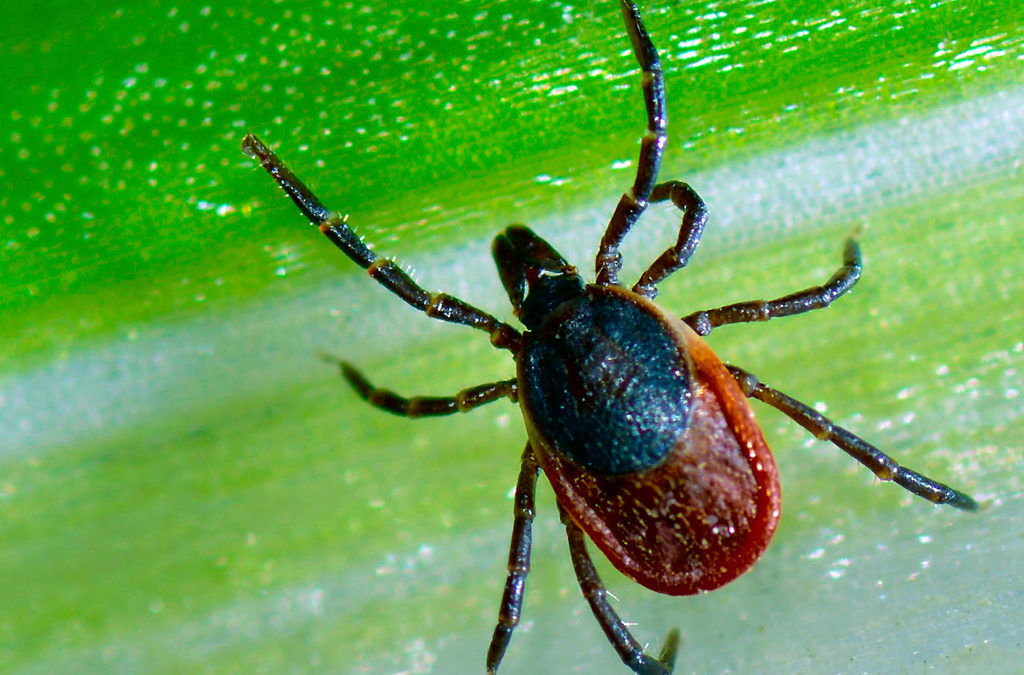Each year hundreds of thousands of people are effected by Lyme disease, a chronic illness that phantoms any number of other diseases and conditions. According to the CDC, Lyme disease is the fastest growing vector-borne, infectious disease in the United States.
Known as “The Great Imitator” by the medical community, Lyme disease can mimic a variety of central nervous and neurological conditions such as Alzheimer’s, Chronic Fatigue, MS, Fibromyalgia, Parkinson’s, ALS or autism. What’s most concerning is that the laboratory tests used to diagnose Lyme disease have been shown to miss half of the cases, and therefore place the individuals in a position where they go without necessary treatment. Children have the highest risk for this disease, and are among the populations who suffer the most debilitating symptoms. In short this is a disease to be reckoned with and something all parents and those with compromised immune systems should take seriously.
“Deer Ticks” and Lyme
With over 800 species of ticks, it can be difficult to identify them all or which of them pose a unique threat to humans. Ticks are a part of the “Arachnida” class (along with spiders) in the subphylum Chelicerata and order Parasitiformes. Within this order there are two families: Ixodidae and Argasidae (hard and soft ticks, respectively). Both types of ticks have been proven to transmit any kind of infectious disease, from bovine babesiosis to Lyme’s disease. Although this article is focused predominantly on Lyme’s disease, it is important to note that ticks can carry any number of diseases with which to infect their host, which is why pest control companies urge families to take this threat seriously.
A tick that has been infected with the Borrelia burgdorferi bacterium becomes a carrier. They come by this bacterium by biting animals that are already infected, mostly mice and deer. This is why you will hear that “deer ticks” (actually the black legged tick) carry the disease as though this is a type of tick. Any sized tick may carry this bacterium in their system so don’t assume by the size of the tick that you cannot contract it, nor assume that you will always get Lyme’s if bitten. Most tick bites do not result in Lyme disease.
Ridding Your Home or Yard of Ticks
 Maryland is one of the 14 states the CDC marks as “high risk” for Lyme disease, making it even more important to take action to prevent the spread of this disease to you or members of your family. It has symptoms that cause intense pain, shakes, memory loss, mood swings, flu symptoms, and even seizures not just in the immediate onset but lifelong for the infected person.
Maryland is one of the 14 states the CDC marks as “high risk” for Lyme disease, making it even more important to take action to prevent the spread of this disease to you or members of your family. It has symptoms that cause intense pain, shakes, memory loss, mood swings, flu symptoms, and even seizures not just in the immediate onset but lifelong for the infected person.
At Eco Care Pest Management our technicians can develop a plan to control the tick population on your property. If you believe you have a tick problem, call us at 410.465.3709 or fill out the form on our site for a free consultation.

